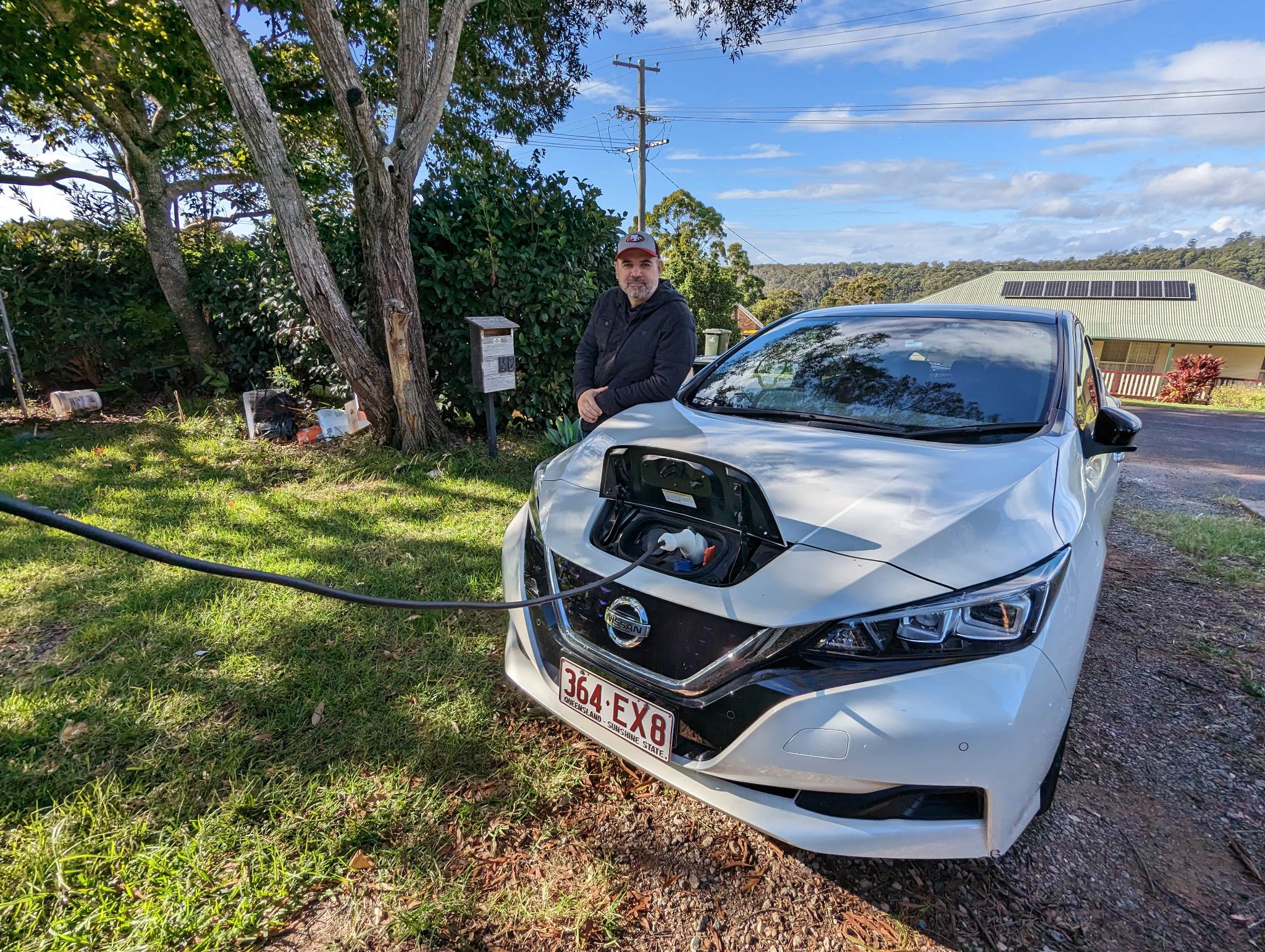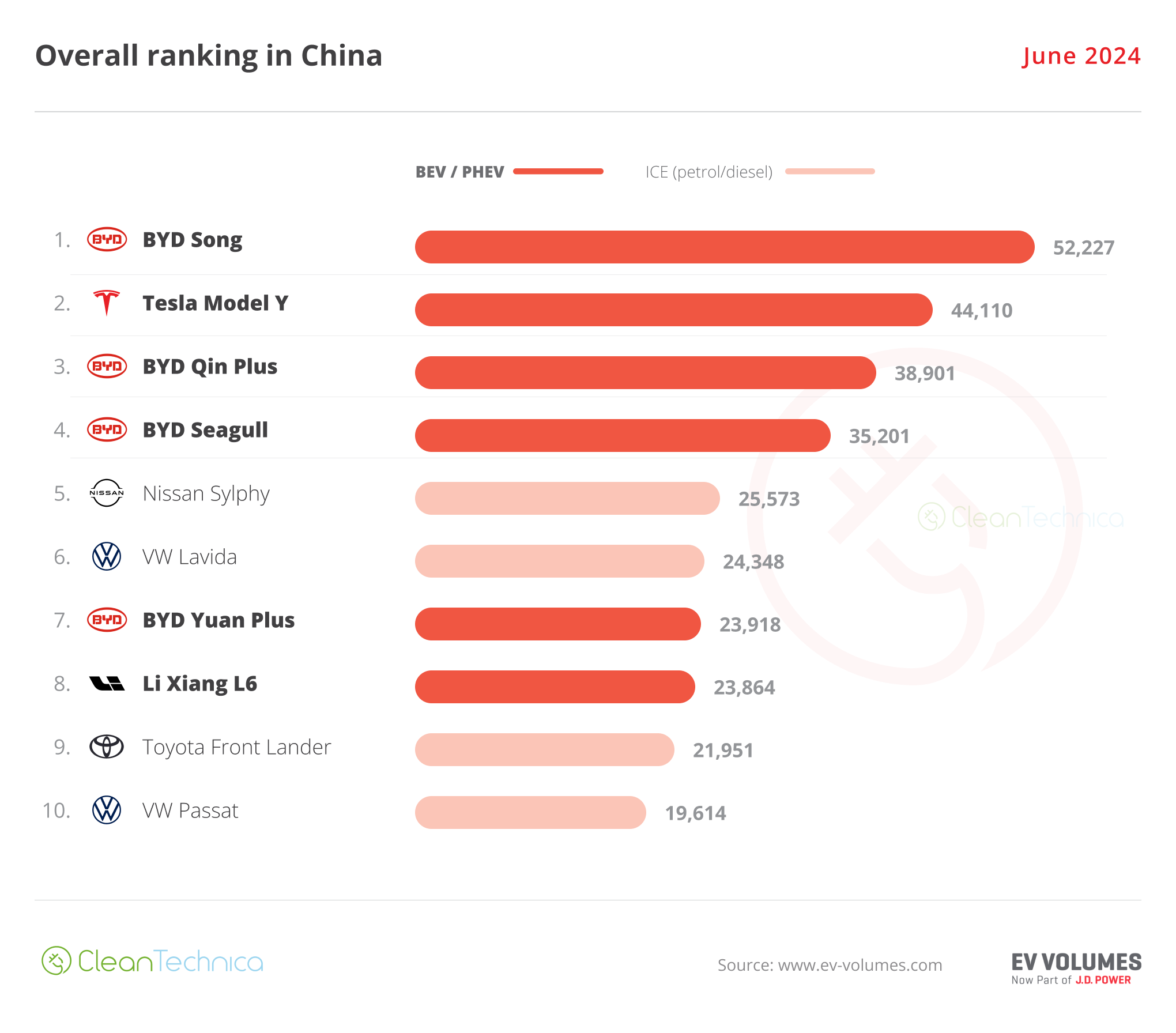Sign up for daily news updates from CleanTechnica on email. Or follow us on Google News!
The general public is struggling to cast off misinformation that promotes fear, uncertainty, and doubt about electric vehicles. One of the most common questions we are asked when presenting our car at the many EV events we attend each year is: “What does it cost to replace the battery?” Behind this question is the assumption that EV batteries don’t last very long, that replacement cost is prohibitive and, therefore, why on earth would you by one?
Behind every piece of misinformation in our world, there is a small element of truth. These bits of negative information circulate constantly on the internet and seem to never be updated. Refuting them seems to make no difference — up they come again like a whack a mole on a Groundhog Day rerun!
I have a friend with an old Mitsubishi i-MiEV minicab — the car came with 160 km of range brand new. The battery has degraded and now the vehicle will only travel 120 km on a charge. At some point, a decision will have to be made about upgrading the battery. He has been quoted AU$13,000 to do so. So, yes, some EV batteries degrade, and yes, they do have to be replaced, and yes, it is expensive.
I also know people with old Nissan LEAFs who have had degradation problems, some as much as 20%. Some early iterations of EVs had these issues. There is some truth behind the FUD, which inspires the questions above.
But it isn’t true anymore!
Researchers at Recurrent got a shock when they checked real-world statistics about EV battery longevity. Using data from 15,000 cars, they discovered that battery replacements are quite rare (1.5% of cars) and to date have mostly been done under warranty. Most EVs have at least an 8-year battery warranty. Also, battery degradation is not linear. EVs typically lose a bit of battery capacity initially, but then the battery stabilizes and decline in capacity is very slow and gradual. However, they did caution that most EVs on the road are quite new, so there isn’t a large cohort of longitudinal data.
From my own experience. Our Tesla Model 3’s battery capacity actually increased with an over-the-air update in 2019. We occasionally have to charge our battery to 100% for long trips and have found we have experienced no degradation at all after 4 years and 120,000 km (about 80,000 miles) of driving using a range of charging experiences (slow charging, fast charging, home charging, public charging). My friend Nathan, an Uber driver, has done over 240,000 km with no battery degradation.

Tesla Model 3 has no need to replace the battery even after 240,000 km. Photo courtesy of Nathan Merritt.
Chemistry 101. Most drivers of ICE vehicles think that the batteries in an EV have the same chemistry as the batteries that run their starter motor — good ol’ lead acid. These often have to be changed every two or three years. Explaining that, no, the batteries in the EV are more like the ones in your iPhone or iPad doesn’t really help, because Apple encourages us to throw these appliances away and buy a new one every few years. Will there be planned obsolescence in EVs? I certainly hope not!
With time, the general public will notice that these cars are still on the road and the batteries are outlasting the cars. RethinkX was quick to point this out in a LinkedIn response to the Recurrent Auto article:
“Modern EV batteries should outlast the cars themselves,” Najman of Recurrent Auto said.
We said the same thing in our report, Rethinking Transportation (2017) p. 20: “The drivetrain and battery are expected to outlast other elements in the vehicle, which may need refurbishment.”
The Recurrent Auto research seems to indicate that EV batteries have a much longer lifespan than even the carmakers imagined. The comment “since very few of them have been replaced, even once the 8-year, 100,000-mile warranty period ends” assumes that a product only lasts as long as the warranty. This assumption underpins the questions from the general public mentioned above. For some reason, they expect the battery to have to be replaced at 100,00 miles or 8 years of use. We usually counter this with a question about replacing the engine and drivetrain in an ICE car once the warranty is up. No, they don’t do that.
More recent EVs have benefitted from improvements in battery chemistry and battery management. To succeed, carmakers need to ensure that battery life exceeds the warranty period. There is a large second-hand market for cars that needs to be fed. Apart from the major battery replacement recalls by GM for the Chevrolet Bolt and Hyundai for the Kona, there have been fewer battery replacements year after year since EVs were first introduced.
The Nissan LEAF was one of the earliest EVs to hit the roads in mass numbers. As noted above, earlier versions did have some battery issues, but when Nic Thomas, Nissan’s marketing director for the UK, was asked how the company planned to use old LEAF batteries, he said: “Almost all of the batteries we’ve ever made are still in cars, and we’ve been selling electric cars for 12 years. We haven’t got a great big stock of batteries that we can convert into something else.” In 2019, managing director of Renault-Nissan Energy Services, Francisco Carranza, estimated that LEAF batteries may last 22 years.
The BMW i3 with its smallish 22 kWh battery seems to have maintained 80% of battery capacity even after driving over 1,000,000 miles. The BMW i3 was launched in the US in 2014.
Early model Tesla Model S sedans with smaller batteries also appear to have experienced very little degradation, according to the research from Recurrent Auto.
According to Yahoo, Recurrent Auto linked to the “vehicles’ connectivity systems … took several battery readings daily, including charging activity, EV battery level, and estimated range. The data showed that most EVs driven close to 100,000 miles still have at least 90 percent of their original range left.”
Comparing the battery longevity of current electric vehicles to those ten years old may be similar to comparing the batteries of the first iPhones to their current models. Battery chemistry, management, and longevity have moved on. How much does it cost to replace the battery in your EV? Hopefully most drivers will never find out. Or, in other words, hopefully the cost will be $0 for the vast majority of EV drivers.
Have a tip for CleanTechnica? Want to advertise? Want to suggest a guest for our CleanTech Talk podcast? Contact us here.
EV Obsession Daily!
I don’t like paywalls. You don’t like paywalls. Who likes paywalls? Here at CleanTechnica, we implemented a limited paywall for a while, but it always felt wrong — and it was always tough to decide what we should put behind there. In theory, your most exclusive and best content goes behind a paywall. But then fewer people read it!! So, we’ve decided to completely nix paywalls here at CleanTechnica. But…
Thank you!
Tesla Sales in 2023, 2024, and 2030
CleanTechnica uses affiliate links. See our policy here.






